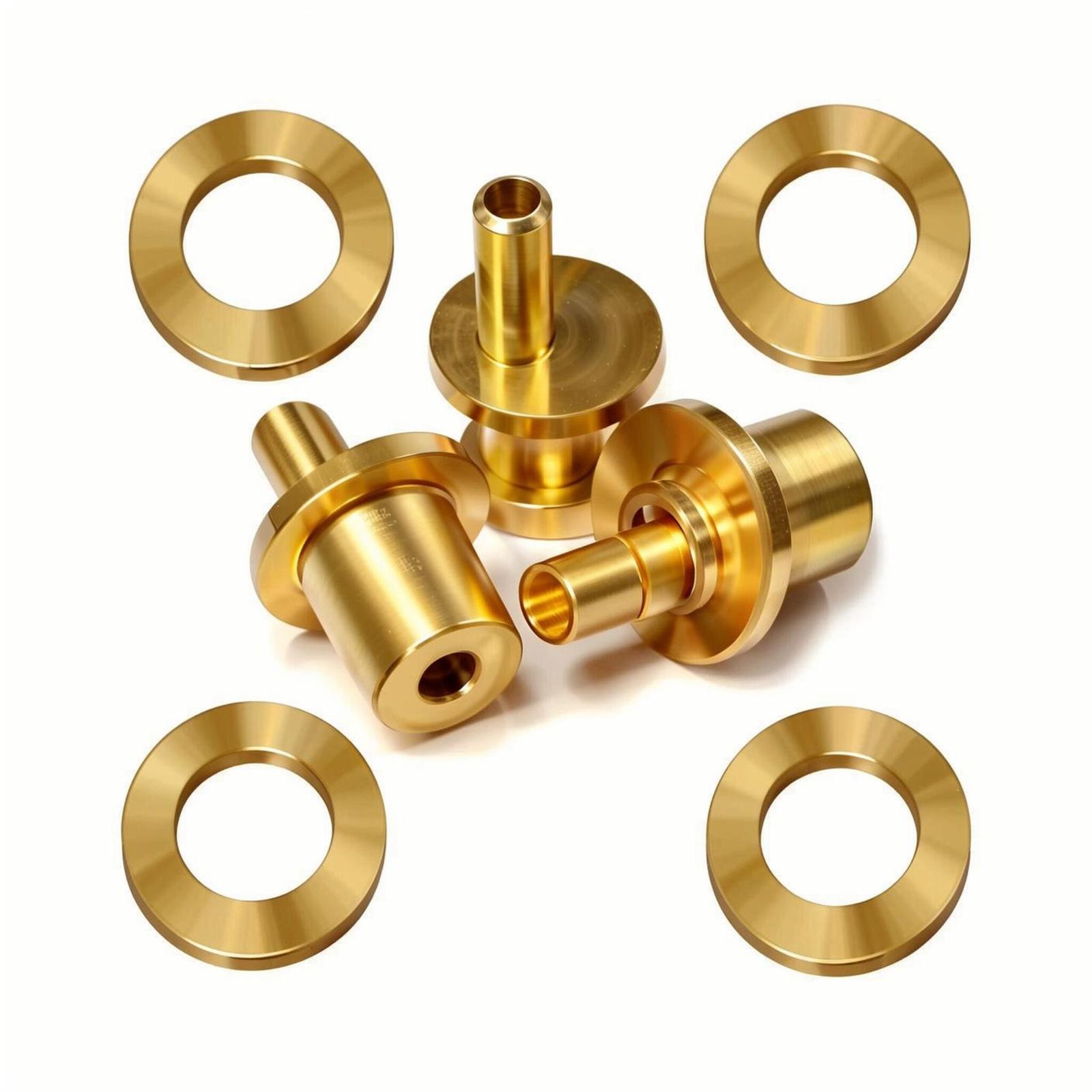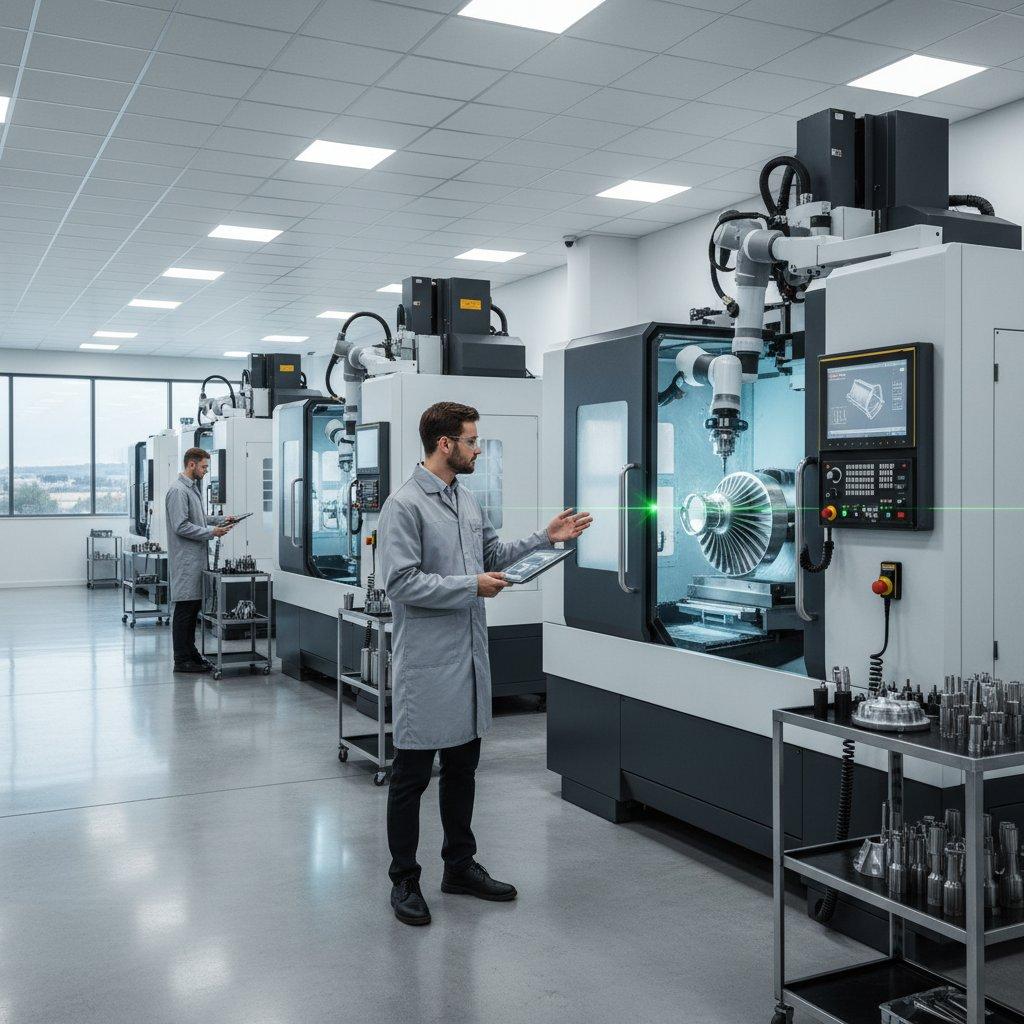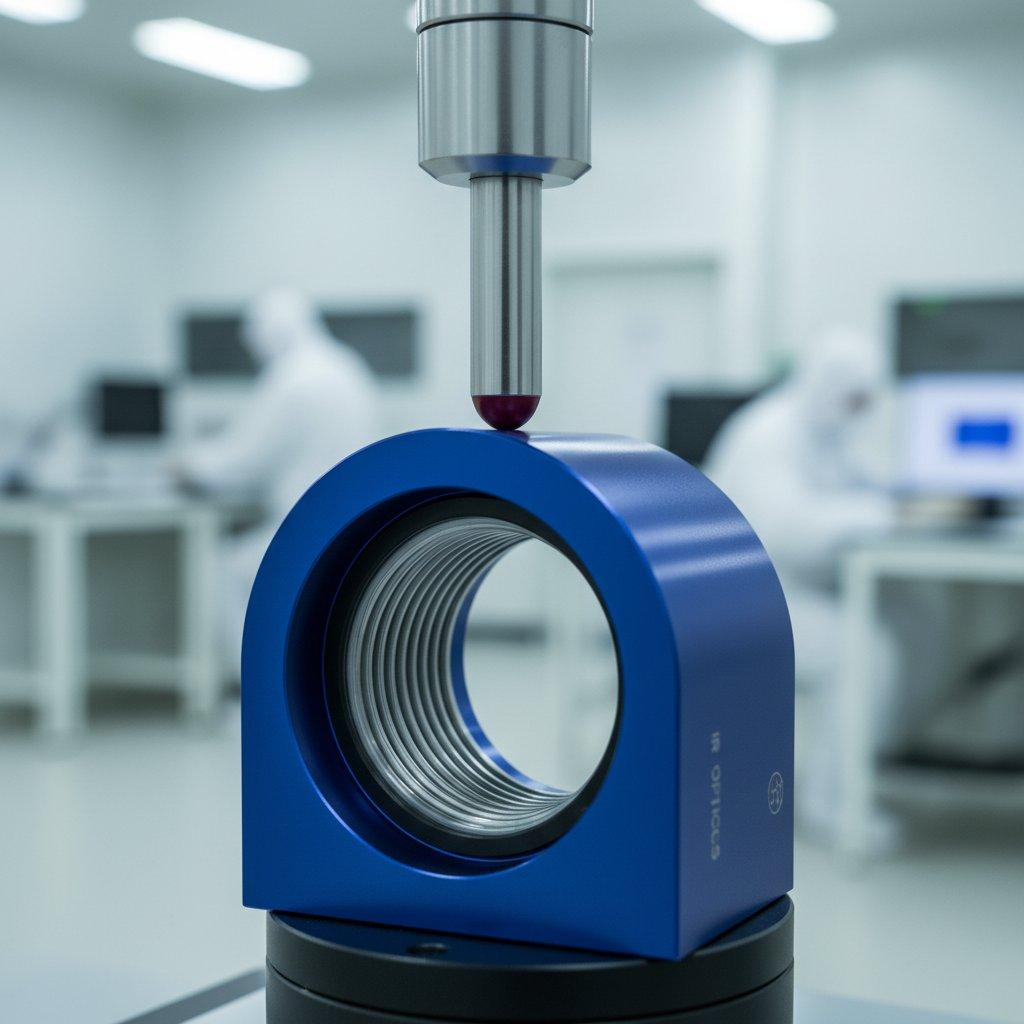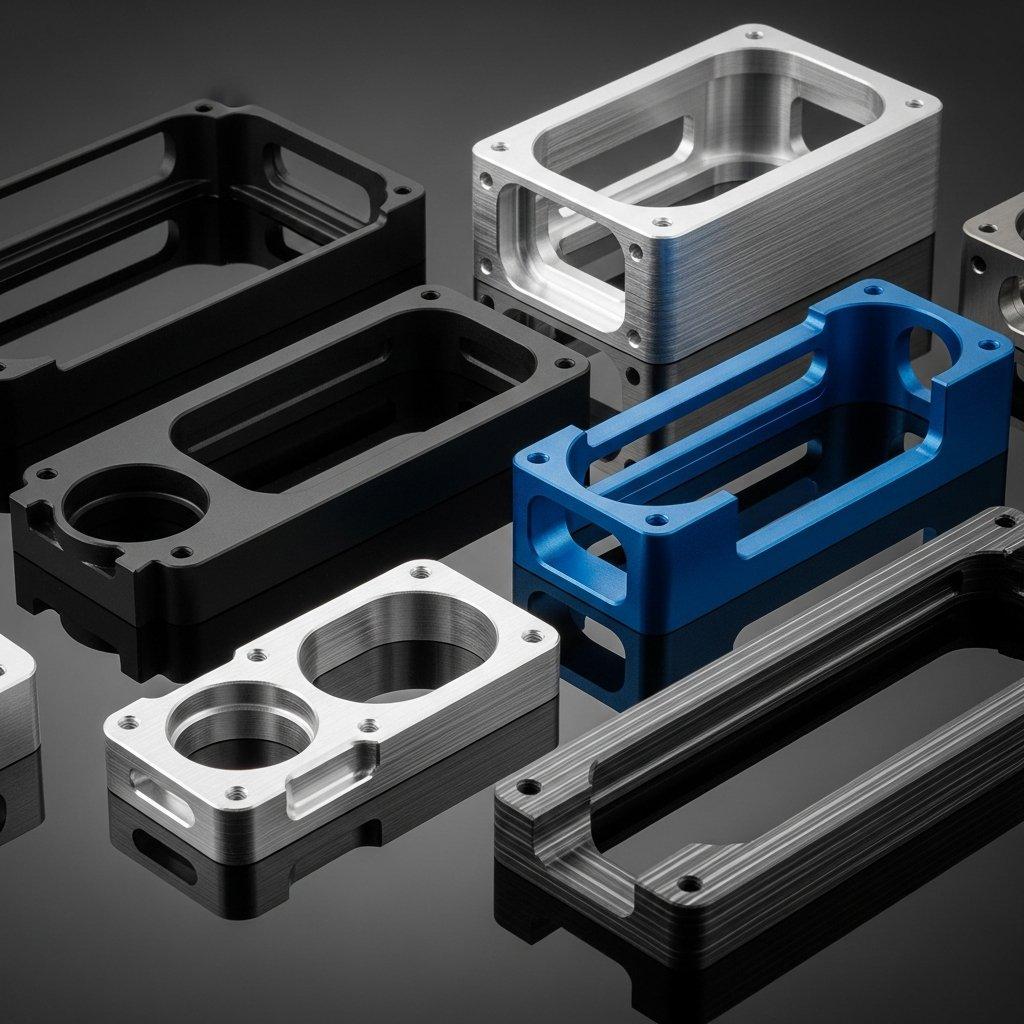Introduction: Why Choosing the Right CNC Machining Supplier Matters
Have you ever placed an urgent CNC machining order, only to find the delivery slipping week after week? Frustrating, right? I’ve been there too. Nothing slows a project down faster than a supplier who can’t stick to deadlines. Worse yet, delays often come with poor communication and hidden quality issues. But don’t worry — I’m here to help.
In this guide, I’ll share real-world strategies I’ve used to pick CNC machining, turning, 5-axis, and milling suppliers who deliver on time — every time.
To choose a CNC machining supplier that won’t delay your projects, focus on their production capacity, quality control systems, communication practices, lead time records, technical capabilities (like turning and 5-axis expertise), and after-sales service. Always verify references and audit their processes before placing an order.
Smooth Transition: Let’s Dive Deeper
Now, you might be wondering, “How exactly do I spot a reliable supplier before it’s too late?” That’s a great question. Let’s break it down step by step.
7 Critical Factors to Choose a No-Delay CNC Machining Supplier
1. Check Production Capacity and Facility Size
When I visit a potential CNC machining partner, the first thing I check is the size of their factory. Bigger isn’t always better, but a cramped workshop usually means bottlenecks and delays.
Ask yourself: How many CNC machining, turning, 5-axis, and milling machines do they have? Can they handle multiple projects at once?

Here’s a quick comparison chart to illustrate:
| Factory Type | Machine Count | Typical Lead Time | Risk of Delay |
|---|---|---|---|
| Small Shop | 5-10 | 4-6 weeks | High |
| Medium Plant | 20-50 | 2-4 weeks | Moderate |
| Large Plant | 50+ | 1-3 weeks | Low |
Always remember, if they can’t scale, they can’t promise fast delivery.
2. Evaluate Their Quality Control Process
I can’t stress this enough: good QC equals fewer reworks, which equals faster delivery. When I screen suppliers, I dive deep into their inspection reports.
Do they measure each turning part with precision tools?
Do they check 5-axis milling angles thoroughly?
A good supplier proudly shows off their QC team and equipment — they don’t hide it.
In fact, I often ask for sample inspection sheets from past projects. If they hesitate, that’s a red flag.
3. Review Past Delivery Records
One thing I always do is request references from previous clients. Better yet, ask for real numbers.
How often do they meet their promised dates?
A strong CNC machining company will track their on-time delivery rate (OTD rate).
Here’s what I typically look for:
| OTD Rate | Supplier Rating | Risk Level |
|---|---|---|
| >95% | Excellent | Very Low |
| 85%-94% | Good | Low |
| 70%-84% | Fair | High |
| <70% | Poor | Very High |
Believe me, a supplier that hits deadlines 95% of the time is a gold mine.
4. Test Their Communication Skills
Fast, clear communication often predicts fast delivery.
When I work with a CNC machining company, I watch how quickly they respond to my emails or calls.
If it takes days to answer simple questions about turning or milling details, imagine how slow they’ll be when real problems arise.
Good communication can save you weeks of delay down the line.
Ask yourself: Are they proactive? Do they suggest solutions when issues pop up?

5. Analyze Technical Strengths: Turning, Milling, and 5-Axis Mastery
Not every shop can handle complex parts. When I’m sourcing, I always check if the supplier has strong technical expertise.
Do they own real 5-axis CNC machines?
Can they handle deep hole milling, tight-tolerance turning, or multi-material projects?
Without technical depth, even the best intentions can’t prevent delays.
Here’s a quick tech capability checklist I use:
| Technical Skill | Must-Have? |
|---|---|
| Basic Milling | Yes |
| Advanced Turning | Yes |
| 5-Axis Machining | Optional but Ideal |
| Material Expertise (Aluminum, Steel, Titanium) | Yes |
If they struggle with your part complexity, run!

6. Inspect Surface Treatment and Final Assembly Capability
Many projects get delayed not during machining but during the finishing stages.
When I visit CNC machining suppliers, I check if they offer in-house anodizing, powder coating, polishing, or assembly.
If they outsource surface treatments, you risk extra delays.
Ask them directly: “Do you control all steps until shipment?”
If not, factor in extra time buffers in your plan.
7. Verify After-Sales Service and Warranty Policy
Sometimes, even with the best supplier, problems happen.
Good suppliers don’t run away. They fix it — fast.
At YL-Machining, for example, we stand behind every turning and 5-axis part we deliver.
If a dimension is off or a milling burr is found, we immediately rework or refund.
You want a partner like that, not a ghost who vanishes after payment.
3 Common FAQs About Choosing CNC Machining Suppliers
Q1: How do I verify a CNC machining supplier’s capabilities without visiting?
Easy!
Request real photos of their turning, milling, and 5-axis machines. Ask for ISO certifications, past inspection reports, and customer references.
Video calls showing their shop floor in real-time also work wonders.
Q2: What questions should I ask a CNC machining supplier?
Always ask:
What is your average lead time for CNC machining orders?
How do you handle urgent turning or 5-axis projects?
What percentage of your deliveries meet the promised deadline?
Can you show surface treatment samples from recent jobs?
These questions separate pros from pretenders.
Q3: How early should I place an order to avoid delays?
Ideally, at least 2-3 weeks ahead for simple parts, and 4-6 weeks for complex 5-axis or multi-process milling parts.
Also, buffer time for surface treatments or special material sourcing.
Trust me — a little planning saves massive headaches later.
Closing Thoughts: Choose Smarter, Work Faster
Finding a CNC machining supplier who won’t delay isn’t rocket science — but it does require careful checking.
By focusing on capacity, communication, technical strength, and after-sales service, you can dramatically reduce risks.
I’ve helped dozens of clients at YL-Machining find reliable solutions for their turning, milling, and 5-axis needs, and now you can do the same.
Remember: a little extra research upfront saves you months of headaches later.
Now, go out there and pick a CNC machining partner who delivers — on time, every time!




